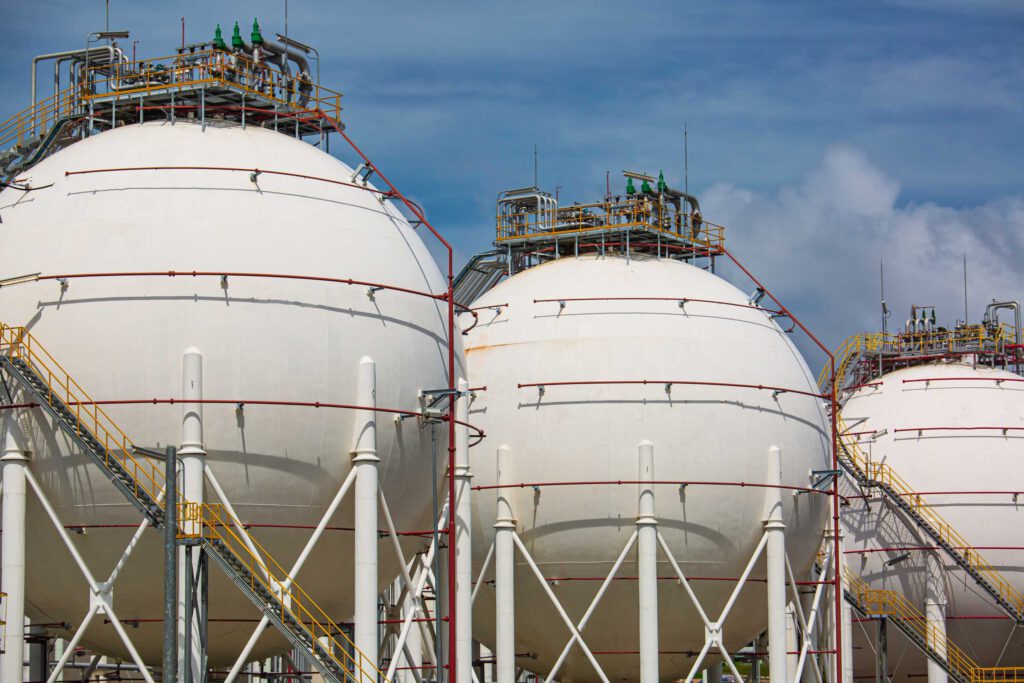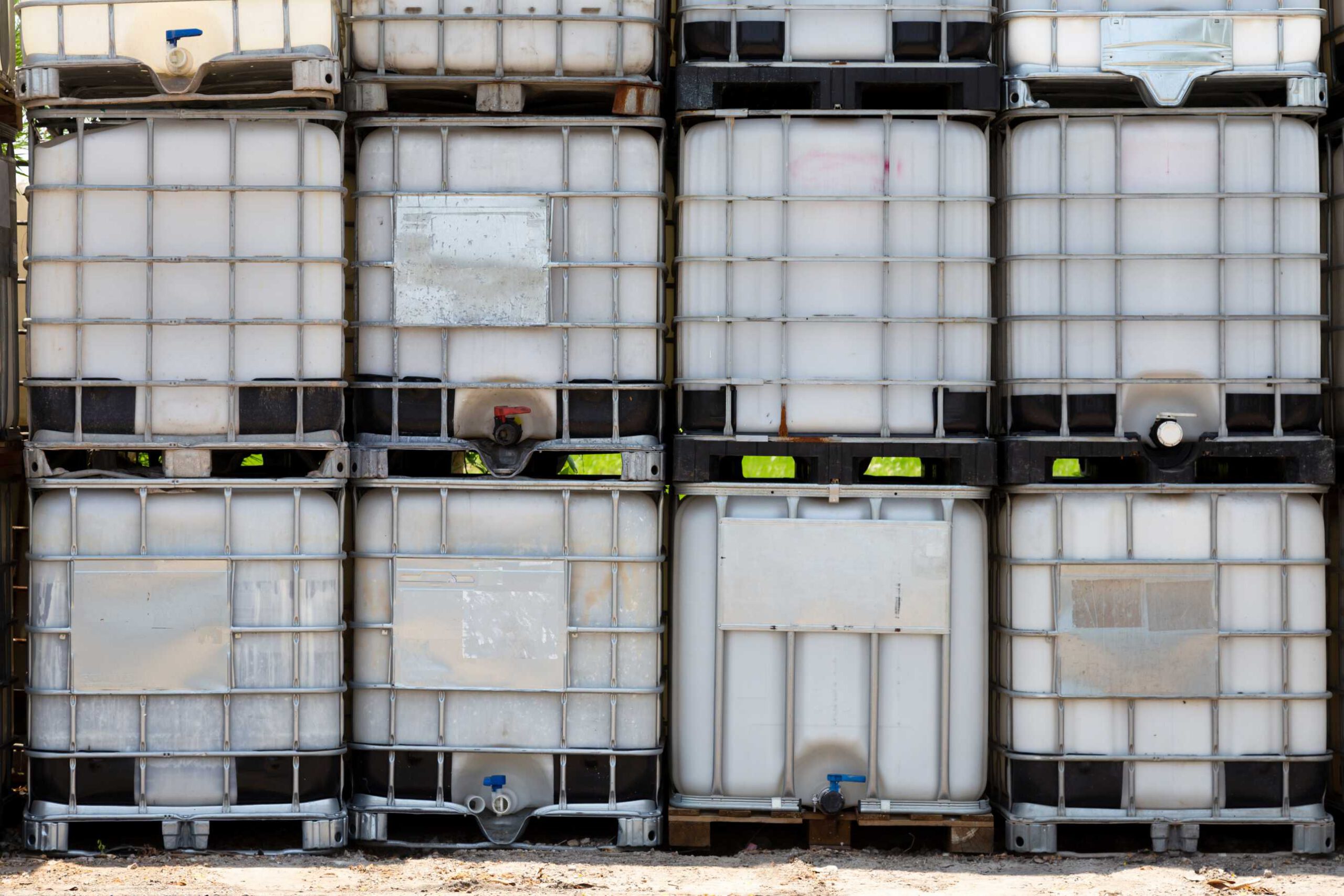Maximizing efficiency with an irrigation water tank

In the realm of agricultural and landscape management, ensuring a consistent and reliable water supply stands as a cornerstone for success. An irrigation water tank is not just a storage solution; it is a critical component in the efficient management of water resources. By integrating a well-designed irrigation water tank system, you can significantly enhance the effectiveness of your watering strategies, ensuring that crops and gardens thrive while conserving water.
The role of irrigation water tanks in sustainable agriculture
Irrigation water tanks play a pivotal role in sustainable agriculture practices. These tanks provide a buffer for water supply, allowing for the collection and storage of rainwater or the redistribution of water from other sources. This not only ensures that there is a steady supply of water during dry periods but also reduces dependency on traditional water sources, which can be both costly and environmentally taxing. By utilizing an irrigation water tank, farmers and gardeners can better manage their water usage, tailoring irrigation schedules to the specific needs of their crops without overburdening local water resources. Selecting the appropriate irrigation water tank is crucial to achieving optimal water management. Factors such as capacity, material, and the specific requirements of your irrigation system all play a part in determining the best tank for your needs. Modern tanks come in various materials, including polyethylene, fiberglass, and steel, each offering different benefits in terms of durability, cost, and suitability for certain environments.
Innovative Technologies Enhancing Irrigation Efficiency
Advancements in technology have introduced a new era of irrigation water tanks equipped with smart features designed to optimize water usage. From automated level sensors that trigger refills only when necessary to systems integrated with weather forecasting tools to anticipate the need for irrigation, these innovations are setting new standards in water conservation. Implementing such technologies not only ensures that your irrigation practices are sustainable but also reduces labor costs and enhances the overall productivity of your agricultural operations.



